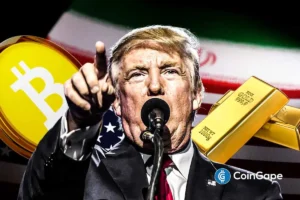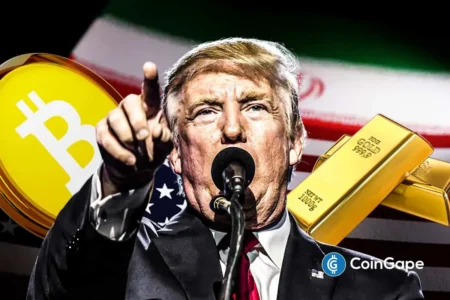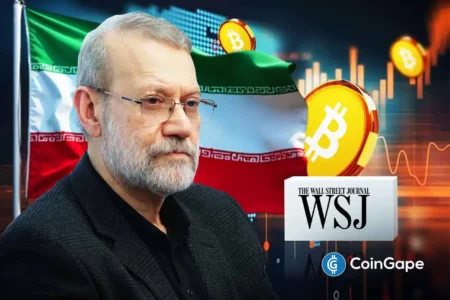Roswell, New Mexico: Pioneering Bitcoin as a Reserve Asset
In a groundbreaking decision within the cryptocurrency landscape, Roswell, New Mexico has officially adopted Bitcoin (BTC) as part of its reserve assets, making it the first city in the United States to establish a Strategic Bitcoin Reserve. This move aligns with a broader trend of government entities worldwide increasingly recognizing Bitcoin as a viable reserve asset, setting a precedent for others to follow.
The Significance of Roswell’s Adoption
Bitcoin Magazine recently reported that Roswell has embraced BTC by receiving its first donation of 3,050,323 satoshis (roughly 0.0305 BTC), valued at approximately $2,906 at the time of donation. This amount serves as "seed money" aimed at initiating the city’s Bitcoin reserve, marking a pivotal moment in local government finance. The implementation of this reserve is part of Roswell’s vision to diversify its treasury operations, thereby enhancing fiscal resilience. The city’s decision indicates a move toward modern financial strategies and reflects a growing stream of interest from local governments in cryptocurrency assets.
Details of the Bitcoin Reserve Strategy
Roswell’s strategic Bitcoin reserve plan details a commitment to hold onto Bitcoin donations and sponsorships for a minimum of ten years. With a target of accumulating funds to reach $1 million, the city plans to utilize these funds as an "emergency Bitcoin fund." This structure allows for the withdrawal of 21% from the reserve every five years, pending unanimous approval from the City Council. The priority for using these funds includes subsidizing water bills for elderly residents and bolstering disaster response efforts, thereby intertwining cryptocurrency with community welfare.
Broader Trends in Cryptocurrency Adoption
The pioneer move by Roswell comes amid a broader economic context where many governments around the world are contemplating cryptocurrency reserves for financial stability and innovation. Under previous administrations, particularly during Donald Trump’s presidency, discussions surrounding the adoption of cryptocurrencies have gained momentum. Local governance now finds itself at the intersection of traditional finance and cutting-edge technology, potentially shaping future legislation and policy-making.
Ripple Effects Beyond Roswell
In light of Roswell’s initiatives, other regions are also exploring the adoption of Bitcoin as a reserve asset. Notably, the Arizona House of Representatives recently voted in favor of a similar BTC reserve initiative. Additionally, plans for national Bitcoin reserves are in motion as countries like Panama explore options to integrate Bitcoin into their financial frameworks. Such developments underscore an emerging global narrative that recognizes Bitcoin’s potential for enhancing financial sovereignty and stability.
The Implications for Local Governance
Roswell’s foray into Bitcoin reserves serves as a case study for other cities contemplating similar strategies. The adoption of a Bitcoin reserve is not merely a financial maneuver but a statement about adapting to a changing economic landscape. Cities can leverage such reserves for critical community needs, thereby improving the quality of life for their residents while also potentializing greater financial autonomy in the face of fiscal uncertainty.
Conclusion: A Bitcoin Future for Local Governments
The initiatives taken by Roswell, alongside similar movements across the globe, highlight a transformative era for local governments regarding financial management and community engagement. By adopting Bitcoin as a reserve asset, Roswell is laying the groundwork for a future where cryptocurrencies can play a pivotal role in shaping local government finance and community support systems. This shift is not just about financial diversification but embodies a more profound vision of innovation, resilience, and adaptability in the face of contemporary economic challenges.















